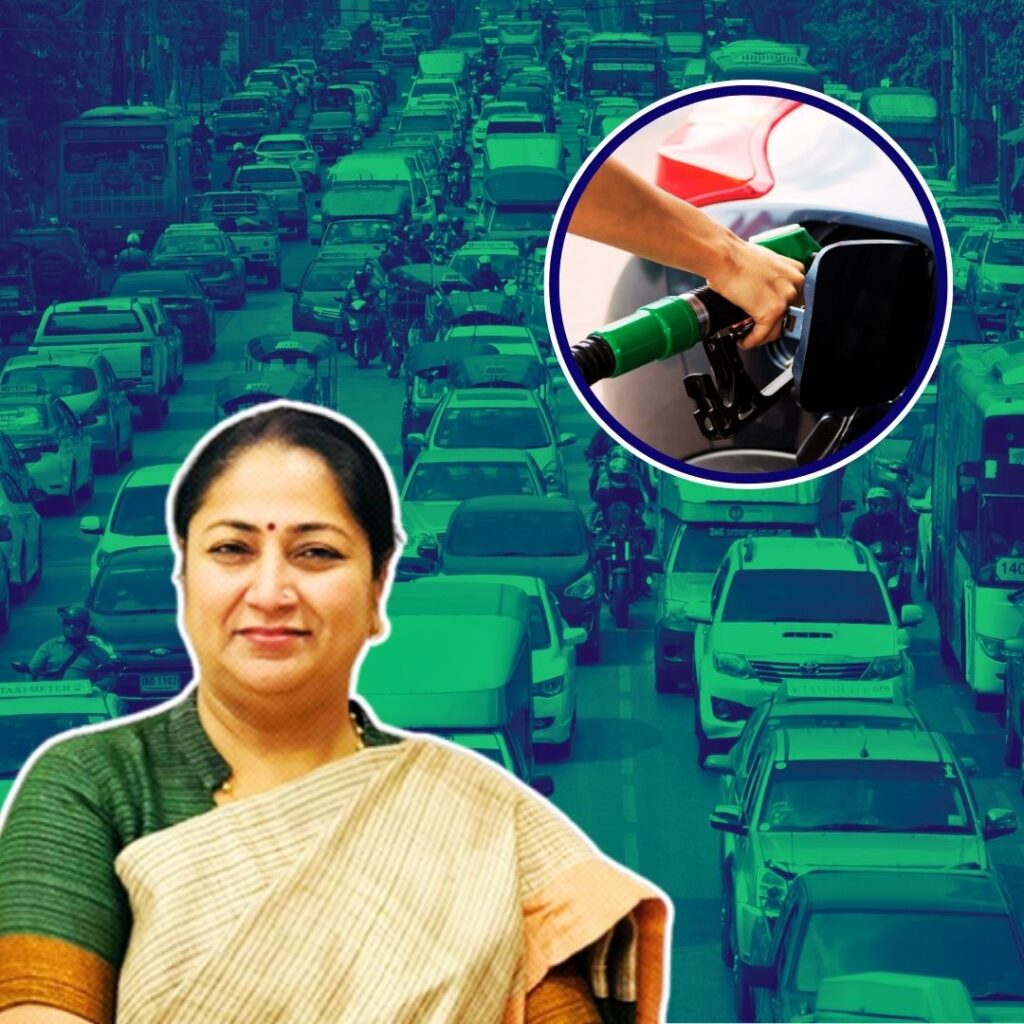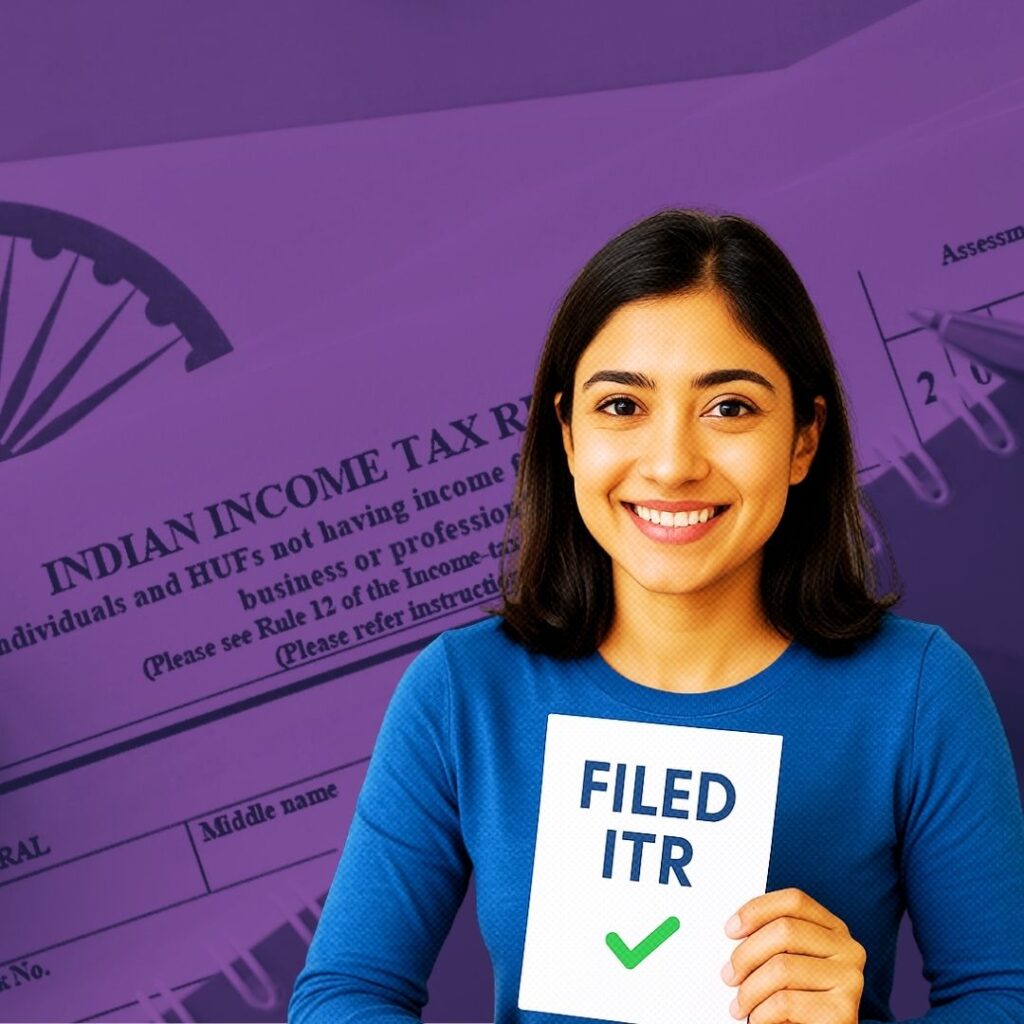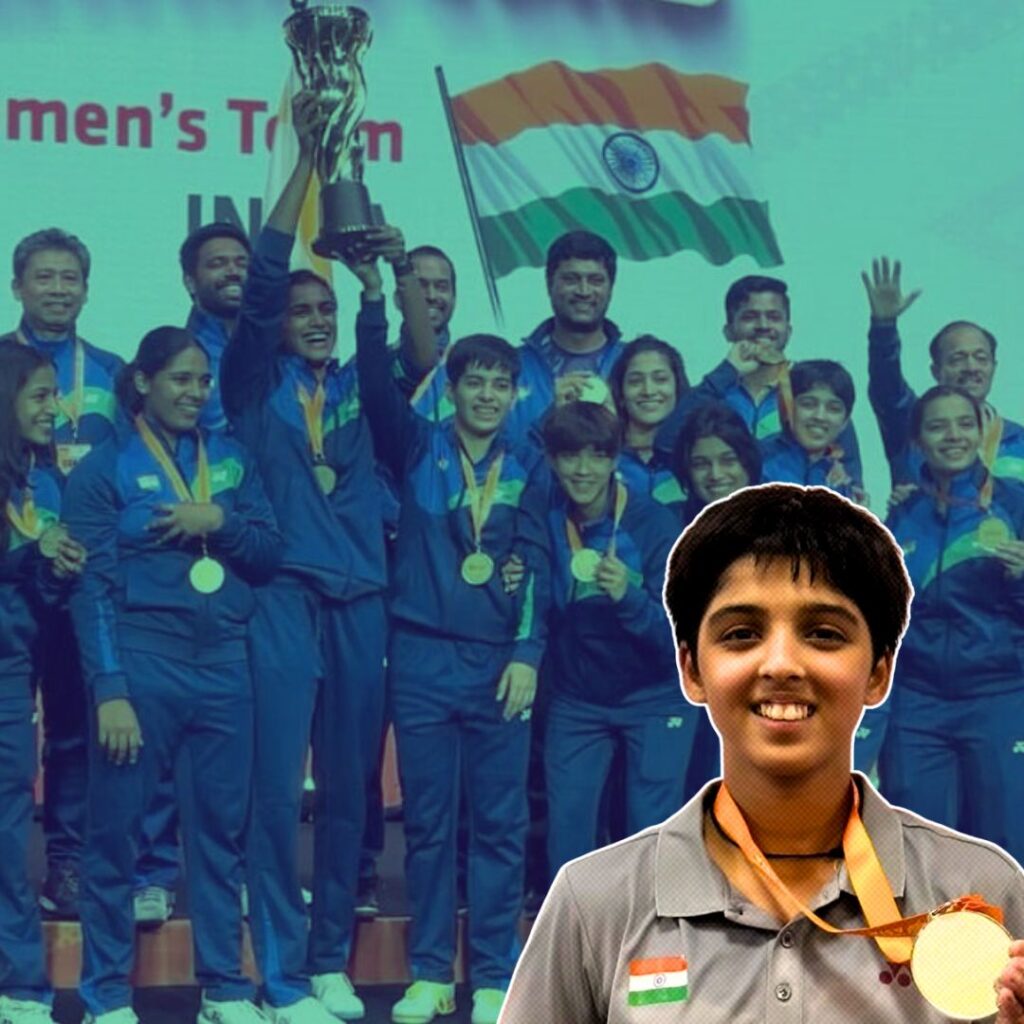NALSAR University of Law (officially the National Academy of Legal Studies and Research) is a premier legal studies institution located in Hyderabad, Telangana.
Since September 2015, NALSAR has been actively engaging the public in legal issues by sharing university lectures, panel discussions, and debates on its famous YouTube channel.
With over 140 videos and more than 1300 subscribers on its channel, NALSAR’s push towards YouTube education has been impressive. Its channel features speeches by famous people like Arun Shourie, Swapan Dasgupta, P Sainath, Indira Jaising, and CJI Tirath Thakur. The debates encompass significant topics like human rights, the uniform civil code, farmer suicides, judicial review, political ideology, media ethics etc.
Needless to say, the debates are from a legal perspective, as such the scope of gaining knowledge by the viewer is tremendous. It comes as no surprise, then, that the venture has become popular with the public, with each video garnering thousands of views. Sharing university lectures online is a growing trend that is being championed by many public and private educational institutions. Such videos increase the scope of the lectures by exponentially increasing and diversifying the audience. Thereby, this concept has great potential.
The Logical Indian spoke with Assistant Professor Sidharth Chauhan about NALSAR’s YouTube programme. Mr Chauhan has been coordinating the YouTube programme from the faculty side, and was kind enough to shed light on the programme and its scope.
What inspired the faculty/students to begin this venture?
NALSAR is now nearly two decades old and has earned a reputation for producing competent law graduates. However, owing to its small size (we presently have 40 faculty members and nearly 600 full-time students), it had limited visibility in the larger universe of higher education. So we thought that uploading the content of our guest lectures and programmes would be a good way of increasing the digital presence of the institution. Apart from recording this content for our own discussions and subsequent use, we were keen to make it publicly available. Highly selective institutions like NALSAR are relatively privileged in terms of academic and professional networks and hence it is important to distribute the benefits that accrue from these networks. I must specifically acknowledge the inputs of Debarpan Ghosh, Ajey Karthik, and Jaideep Kodalli (all three were students in the 2011-2016 batch) in this regard.
Is there a full-time team dedicated solely to the maintenance and promotion of your online platform?
The ‘NALSAR University of Law’ YouTube channel is maintained by our Information Technology (IT) staff, namely Mohammed Irfan, SMR. Basha, and Frank Kennedy. They have taken on the responsibility of recording the lectures and uploading them, which is over and above their usual responsibilities of maintaining the computers and internet facilities on our campus. They have frequently worked overtime in order to do this.
NALSAR’s videos parallel the rising popularity of Massive Open Online Courses (MOOCs), mainly the ones provided by sites like Coursera, edX, and Udacity. Does NALSAR have plans to initiate wholesome online courses certified by the institution and open to the public?
Over the last two academic years (largely since September 2015), we have uploaded the recordings of guest lectures, sessions from thematic conferences and workshops, and three short courses that were funded by the Global Initiative for Academic Networks (GIAN). We do host several short courses by visiting scholars and experts from time to time. In the future, we can upload the content of some of these courses if the resource-persons give their consent.
We have not discussed the possibility of uploading the content of regular courses which are taught to undergraduate and postgraduate students. We will need to have wider consultations among our faculty members and student body before moving in that direction.
While it is relatively easy to upload recordings of lectures and discussions, conducting meaningful assessment through an online mode might pose several difficulties. We will need to study the models adopted by other universities before thinking about certified courses of this nature. From our point of view, the public dissemination of knowledge is more important than earning revenue through this route.
At the same time, we do have a department for proximate education, which offers diplomas in Patent Law, Cyber Law, Media Laws, and International Humanitarian Law. These diplomas are usually offered to working professionals through contact classes. It is quite conceivable that in the future these diplomas could be delivered through a format resembling MOOCs.
In your personal opinion, how is online education different from (due to lack of a better word) “traditional” forms of education? The biggest difference is that online …











